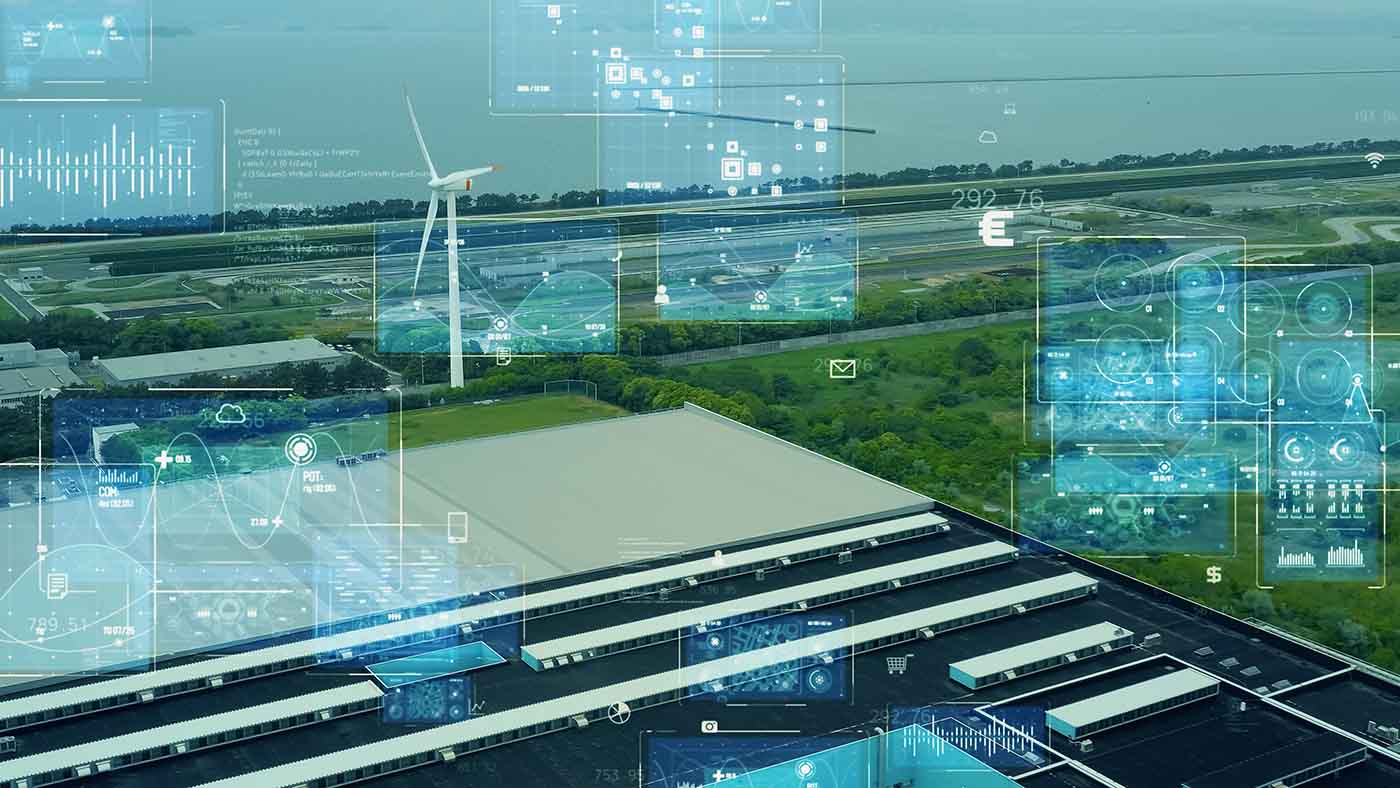
SUMMARY: AI is revolutionizing industries but comes with significant environmental concerns, including high energy consumption, reliance on data centers, and increased greenhouse gas emissions. While AI contributes to environmental challenges, it also offers solutions such as optimizing energy efficiency, improving climate monitoring, and advancing sustainable manufacturing. To balance innovation with sustainability, the tech industry must adopt eco-friendly practices like using renewable energy, optimizing AI algorithms, and investing in low-power hardware.
Artificial Intelligence (AI) has rapidly become an integral part of our daily lives, powering everything from social media algorithms to autonomous vehicles. While AI brings efficiency and innovation to numerous industries, it also carries significant environmental concerns. As global discussions surrounding climate change intensify, many experts are questioning AI’s contribution to environmental degradation. With its massive energy consumption, reliance on data centers, and potential to exacerbate greenhouse gas emissions, AI poses both challenges and opportunities for sustainable technology development.
The Energy-Intensive Nature of AI

One of the primary environmental concerns associated with Artificial Intelligence is its substantial electricity consumption. AI models, especially those using deep learning and large language models, require extensive computational power. Training a single Artificial Intelligence model can consume as much electricity as several hundred homes over the course of a year. For instance, OpenAI’s GPT-3, one of the most advanced natural language processing models, required thousands of GPUs running for weeks, drawing immense amounts of power.
Data centers, which house the computational infrastructure for Artificial Intelligence operations, are among the world’s largest energy consumers. These facilities require continuous cooling systems to prevent overheating, further increasing their electricity demands. The carbon footprint of these operations raises concerns about sustainability, especially as AI adoption expands across industries.
AI’s Role in Greenhouse Gas Emissions
Artificial Intelligence’s environmental impact extends beyond electricity consumption. The carbon emissions generated from powering massive data centers contribute to the larger issue of greenhouse gas accumulation. The reliance on fossil-fuel-powered energy grids exacerbates the problem, making AI technology a significant player in the global carbon footprint equation.
California’s recent wildfires have intensified debates about the ethical implications of high-energy AI applications. As natural disasters become more frequent due to climate change, critics argue that the excessive energy use of Artificial Intelligence systems only adds to the problem. While Artificial Intelligence itself isn’t the direct cause of environmental degradation, its indirect impact through high carbon emissions cannot be ignored.
HOW DIGITAL MARKETERS CAN USE AI RESPONSIBLY
Can AI Be a Solution to Its Own Problem?
Despite its environmental drawbacks, Artificial Intelligence has the potential to mitigate some of the issues it creates. AI-driven innovations are already playing a role in sustainability efforts, helping industries optimize energy consumption, improve waste management, and reduce emissions.
- Energy Efficiency: AI can optimize power grids by predicting electricity demand and distributing energy more efficiently. Smart grids powered by AI can reduce wastage and reliance on non-renewable energy sources.
- Climate Monitoring: AI models are being used to track climate change patterns, predict natural disasters, and provide valuable data for environmental researchers.
- Sustainable Manufacturing: AI-driven automation can reduce industrial waste and improve energy efficiency in factories, making production more environmentally friendly.
- Carbon Capture: Machine learning models are being developed to improve carbon capture and storage techniques, helping industries offset their emissions.
These applications showcase Artificial Intelligence’s potential as a tool for sustainability. However, the question remains: Can these benefits outweigh the environmental costs associated with Artificial Intelligence’s growth?
The Need for Sustainable AI Development
To ensure Artificial Intelligence contributes positively to environmental efforts, the tech industry must adopt more sustainable practices. Other strategies include:
- Optimizing Artificial Intelligence Algorithms: Researchers are working to make AI models more efficient by reducing the computational power required for training and operation.
- Using Renewable Energy Sources: Transitioning Artificial Intelligence operations to solar, wind, and hydroelectric power can significantly reduce their carbon footprint.
- Developing Low-Power AI Chips: Hardware innovations such as energy-efficient AI processors can minimize electricity consumption without compromising performance.
- Recycling Electronic Waste: AI technology depends on hardware, which contributes to e-waste. Implementing responsible recycling and disposal programs can help mitigate this issue.
The Future of AI and Environmental Responsibility
As AI continues to evolve, its environmental impact will remain a topic of discussion. While Artificial Intelligence can be a driver of sustainability, the industry must take responsibility for reducing its ecological footprint. Businesses leveraging Artificial Intelligence should be mindful of its environmental costs and invest in sustainable solutions to balance innovation with ecological responsibility.
The intersection of Artificial Intelligence and the environment presents both challenges and opportunities. With conscious efforts from policymakers, tech companies, and researchers, AI can transition from being an environmental liability to a powerful force for climate action. The key lies in balancing technological advancement with a commitment to sustainability, ensuring that AI contributes to a greener future rather than exacerbating existing environmental challenges.
Stay Ahead with ONE18MEDIA
At ONE18MEDIA, we stay ahead of evolving digital marketing trends to ensure our clients receive the highest quality leads and increased profits. By leveraging cutting-edge strategies and data-driven insights, we help businesses optimize their online presence and maximize their ROI.
Take the guesswork out of digital marketing — schedule a call with ONE18 today; our 18POINT Discovery Analysis will help you develop a roadmap for your digital strategy, so you can achieve the leads and profits you ultimately deserve.